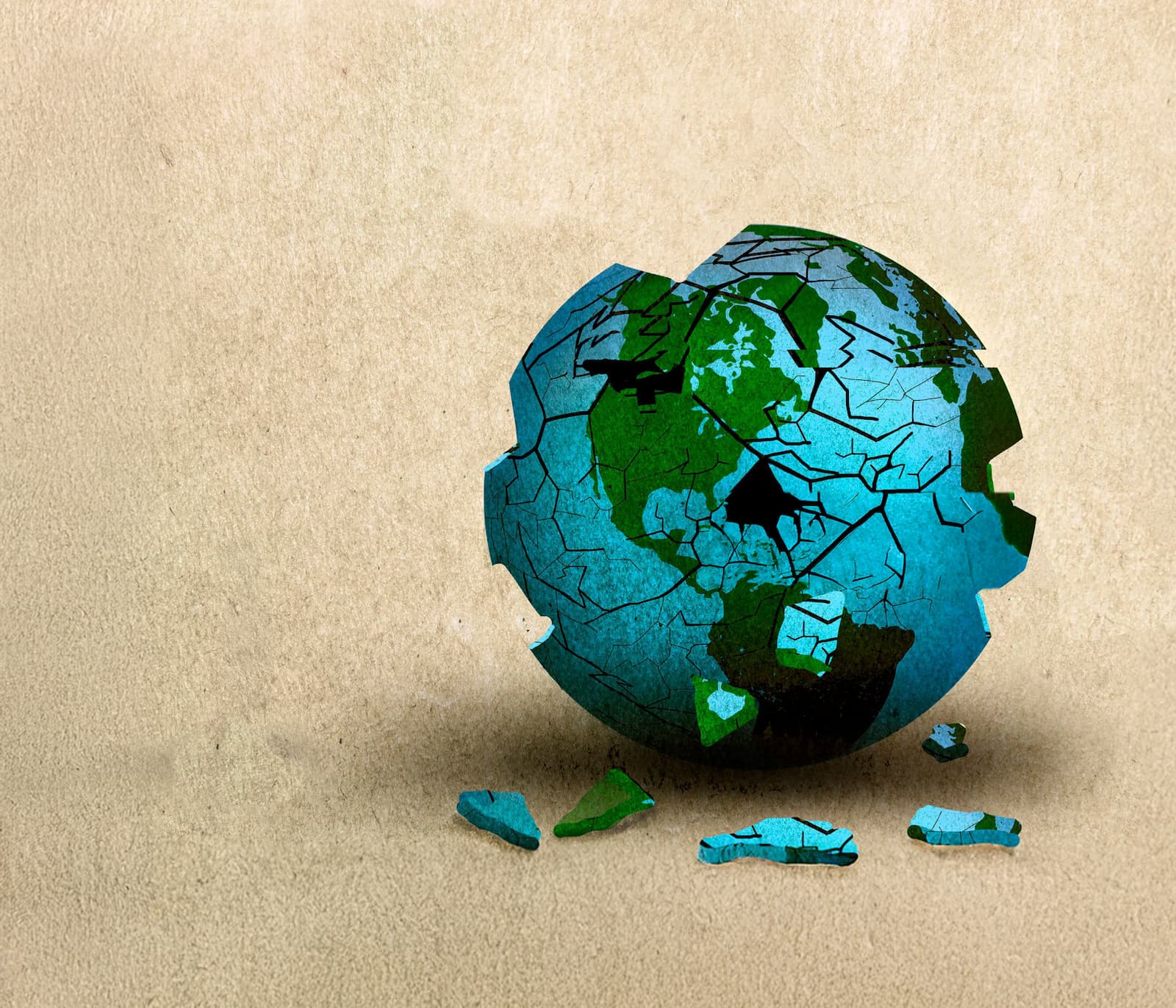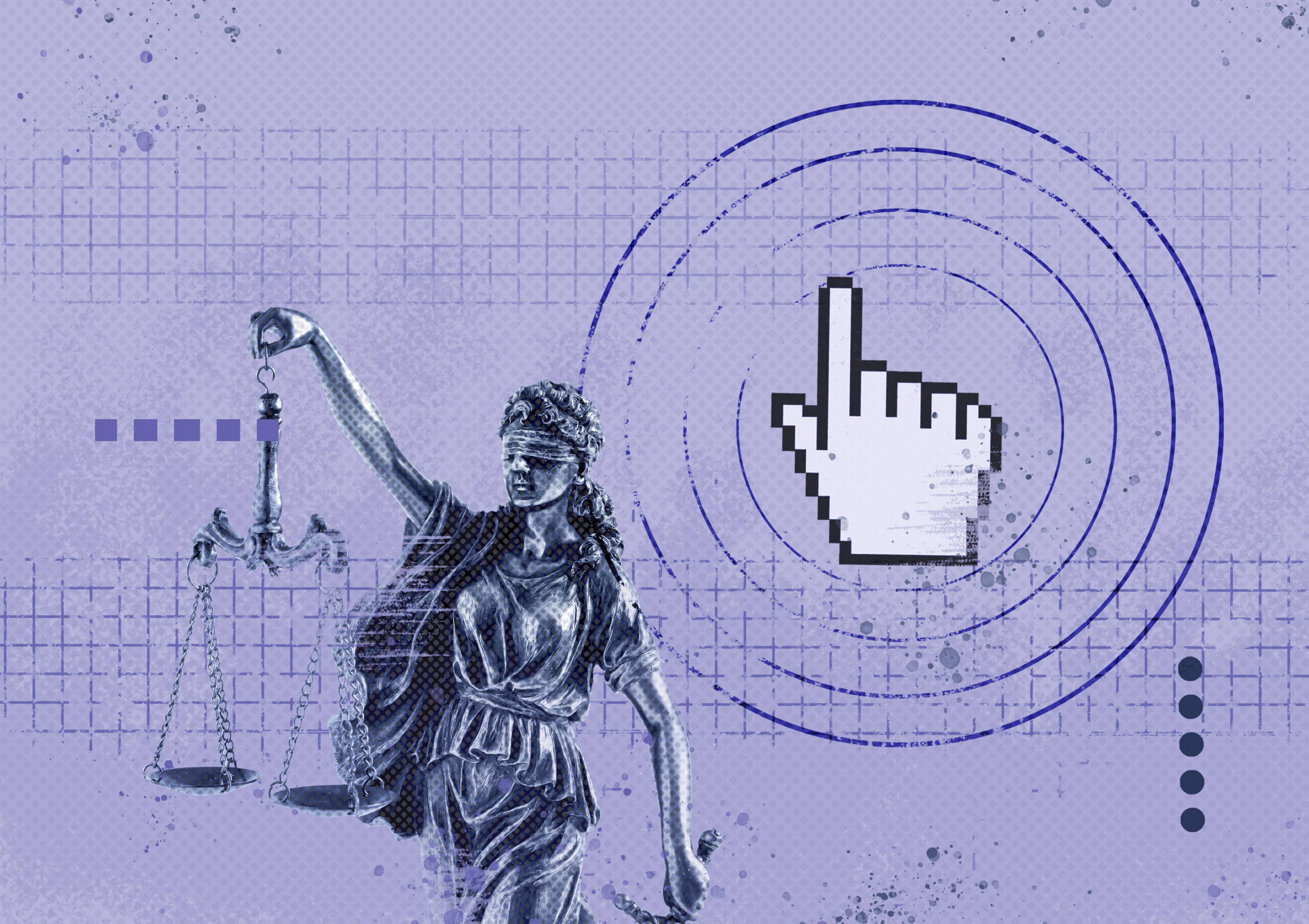What Is De-banking?
De-banking is when a bank or financial institution decides to stop doing business with a person, charity, or company it sees as “too risky.” It happens without explanation, without warning to correct concerns, and without any proof of wrongdoing. Originally, this was meant to protect the financial system from money laundering and terrorist financing. But over time, De-banking has ended up hurting innocent people and organizations — especially Muslim-led and humanitarian charities.
History of De-banking
After the 9/11 attacks, governments around the world introduced much stricter financial regulations. The goal was to cut off funding to terrorist groups. Banks were suddenly under pressure to monitor all customers and transactions very closely — or face steep fines and reputational damage. To avoid that risk, banks began de-banking clients, even if nothing illegal had happened. It became easier — and safer — for banks to walk away than to ask questions.
Who Is Being Affected?
Muslim-led and humanitarian charities are affected most. Many of these charities do vital work in crisis zones like Syria, Gaza, and Somalia. These regions are often flagged by banks’ internal systems as high-risk. Even if the charity is registered, audited, and transparent, its account may still get shut down — with no real explanation.
A Global Problem
Canada isn’t alone. In the United Kingdom and across Europe, Muslim charities faced the same treatment. Substantial international research and evidence exist that detail the this phenomenon. Governments are now reviewing the problem. But in Canada, there are still no formal safeguards, no right to a bank account, and no independent appeal process with real power.

In the U.S.
Muslim-led and humanitarian charities raising money for Gaza in 2023 suddenly had their donations blocked or their accounts closed.
In the U.K.
Over 40% of Muslim-led and humanitarian charities surveyed reported having their accounts shut down — often with no reason given.
Why This Matters
De-risking affects real people and communities. Originally intended to protect against financial crime, it now disrupts aid projects, prevents charities from helping those in need, weakens public trust, and unfairly targets vulnerable groups. Without clear rules and accountability, the harm caused by de-risking continues to grow.

The Cost of De-Banking
Despite being heavily invested in meeting all CRA regulations and mitigating ATF risks, charities face excessive, extra-legal compliance demands from financial institutions. This downstream burden depletes resources meant for humanitarian response. Any de-risking reform must avoid imposing new reporting obligations on already compliant organizations.